[what] you don’t understand is how long this has been happening police brutality and police officers killing black ppl has been going on for so long, and nothing, NOTHING has happened.” With permission from my son I share a conversation he had with some peers via text messaging. Details of the other children are vague to protect their identities. My son is not ok.
I can only imagine that his friends of color, his Black friends, and more specifically, his Black male friends are not either.
5 Comments
 The outdoor market under the railroad tracks was an integral part of my life and the life of the residents. Credit...Dith Pran/The New York Times, 1986 The outdoor market under the railroad tracks was an integral part of my life and the life of the residents. Credit...Dith Pran/The New York Times, 1986 I grew up in El Barrio, NYC. Spanish Harlem is what you might see on a map, but the residents referred to our hood as El Barrio. I attended a predominantly Latinx and Black school from my Head Start program to the Catholic school where I entered at Kindergarten and graduated in eighth grade. My future possible self as a Latina was nurtured at home and school. Though I didn't understand the impact of my micro and macro environments, I clearly benefited from my surroundings. I lived in a strong Latinx household where familia, culture, history, music, community, and language where overtly, and sometimes, covertly expressed, and I attended a school community whereby my neighbors, the church, clubs, store owners, and peers I socialized with were of Latinx or Black racial and cultural heritage. All around me, adults communicated goals of family commitment. and academic success. My educational foundation, while culturally affirming, did not adequately prepare me for high school's academic rigor. My older siblings, however, served as role models to continue with my future possible self as they overtly communicated the importance of completing high school, beginning and completing college, and having aspirations for their future career goals. I realized that this snapshot of my personal story was reflected in my research on Latinx youth’s racial-ethnic identity development and academic success. I discovered that there are key components to my experience that are echoed in the literature. The formation of racial-ethnic identity for children and youth of color matter, particularly in the context of home and school. Young children’s racial-ethnic identity, “has implications for their relationships with in-group and out-group members and is associated with their level of perceived competency and self-acceptance,” (Corenblum & Amstrong, 2012, .p. 133). Increases in cognitive development is associated with increases in racial-ethnic identity (REI) and REI is linked to self-esteem and attitudes towards the in-group. Adolescents consider the idea of doing well in school a central component to their potential and perceived options for the future. The possible future selves of youth are developed based on personal ideals and social influences such as the family, school, peers, and the media. Youth who connect their academic identity to other important social identities, such as their racial-ethnic identity or social class, are able to work through academic challenges to attain academic goals. Likewise, when educational aspirations are synonymous with family values, youth are able to envision academic achievements and success as part of their academic possible selves. To read the findings from my dissertation click here.
 My thoughts and prayers continue to be with those affected by COVID-19 around the world. We are all in this situation for the long haul, and taking care of ourselves, our family, friends, and communities is a top priority. I hope you and your loved ones are healthy and taking time between running your organization or teaching on-line and maintaining social distancing to breathe and laugh. Laughter is a powerful way to fill our lungs and a wonderful release of energy. Those who engage in equity and inclusion work have done so to address and, whenever possible, remedy the ways bias and discrimination impact people. The COVID-19 pandemic has seriously altered all of our lives; seeing loved ones ill, maintaining social distancing, on-line learning, canceling of summer opportunities and travel, the weight on parents to co-educate their children at home, and the overload on parents who are also teachers who juggle their children's needs while simultaneously caring for their students. In addition, data shows that the pandemic is having a disproportionate burden on people with marginalized or stigmatized identities. Within your organization you are likely hearing and talking about or directly impacted by the overrepresentation of Black people in hospitals, the economic hardships on those who were previously struggling to make ends meet, or the essential workers who risk their and their family's health, I would like you to know that I am here. My goal is to connect with you to continue building equity-related skills and developing inclusive strategies for your organization. Let's stay connected and in conversation as you re-think how to effectively live out your organization's mission and diversity, equity, inclusion efforts. Workshops are conducted via Zoom or other platforms that keep us all safe. |
Dr. Sandra ChapmanLatina, Lesbian, Educator, Mommy of two. Committed to enriching her life with a diverse village of people who will share their stories. Archives
June 2020
Categories
All
|

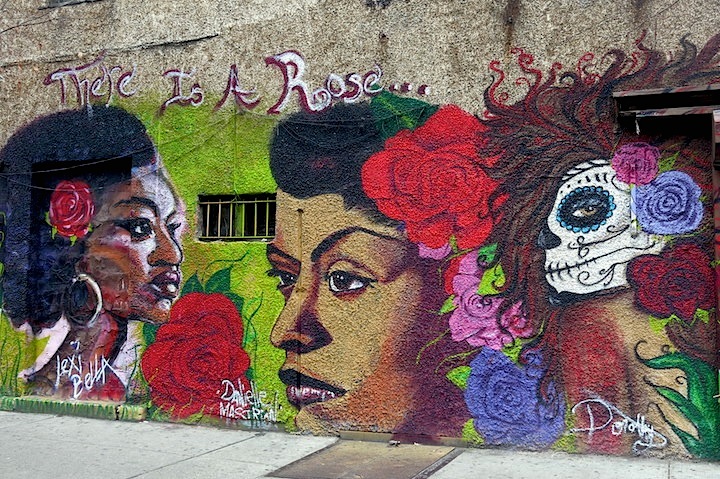
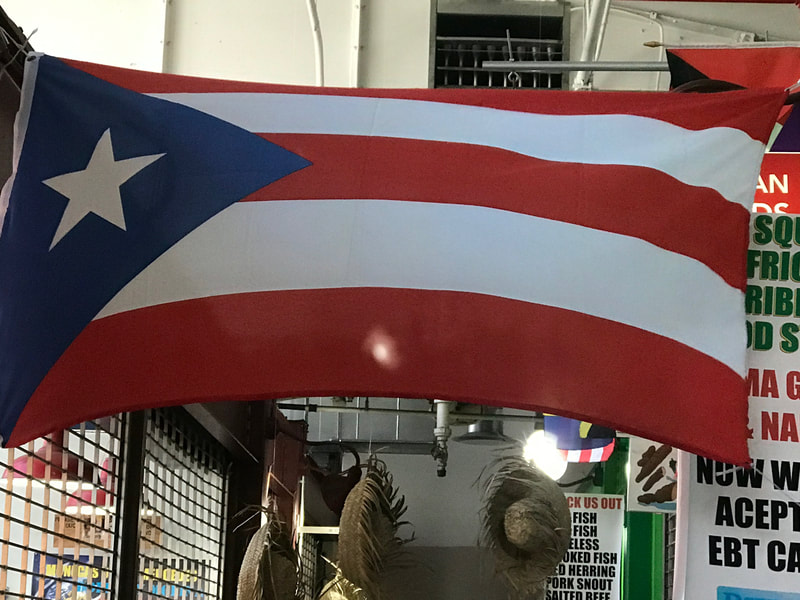

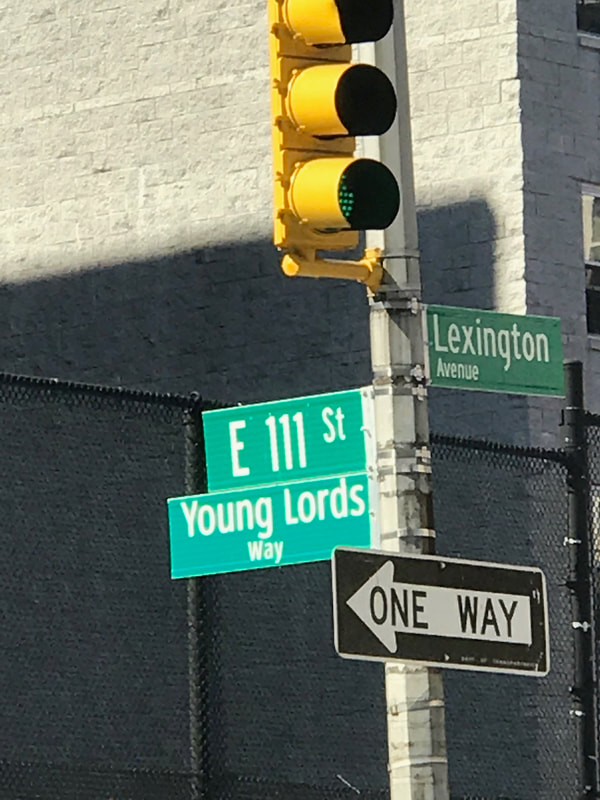

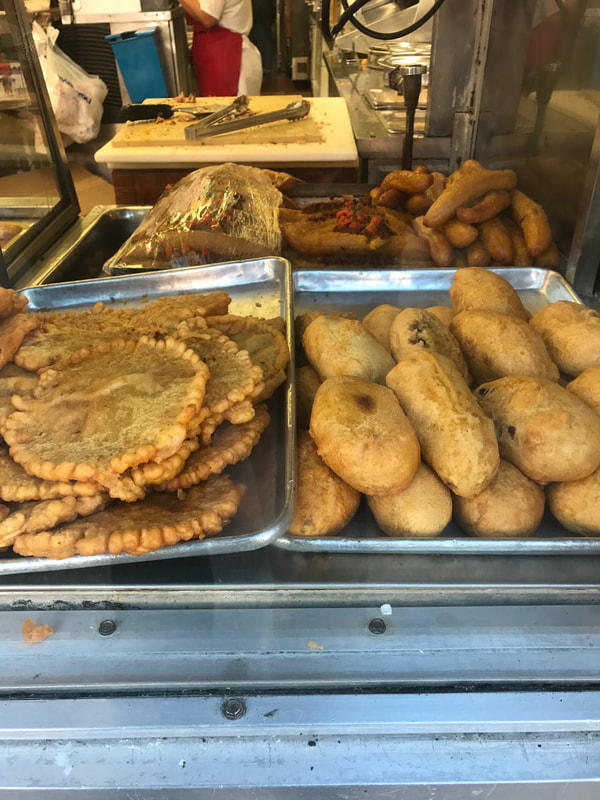
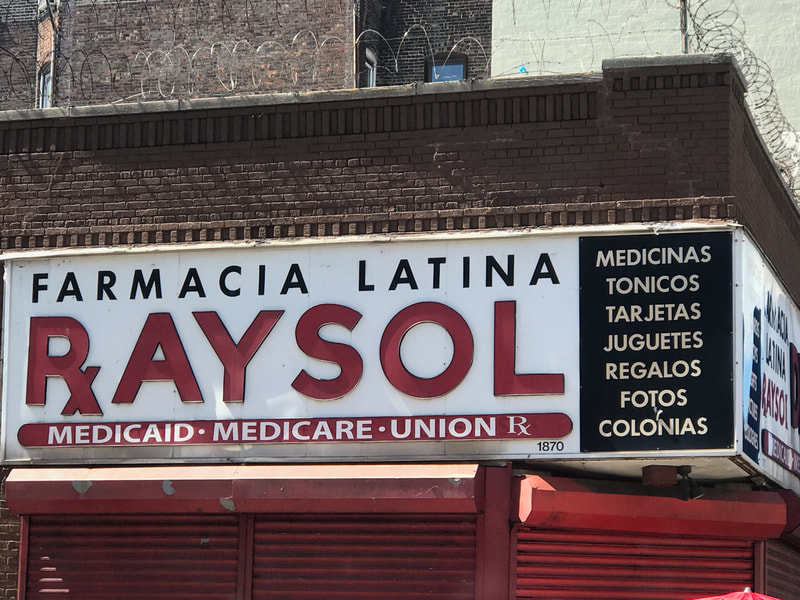
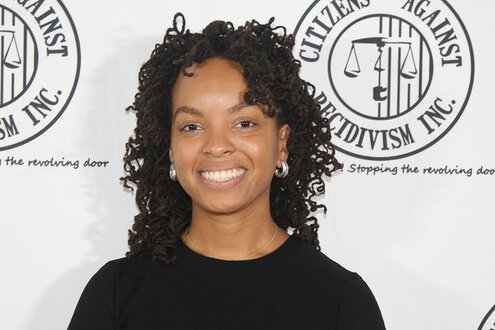
 RSS Feed
RSS Feed
